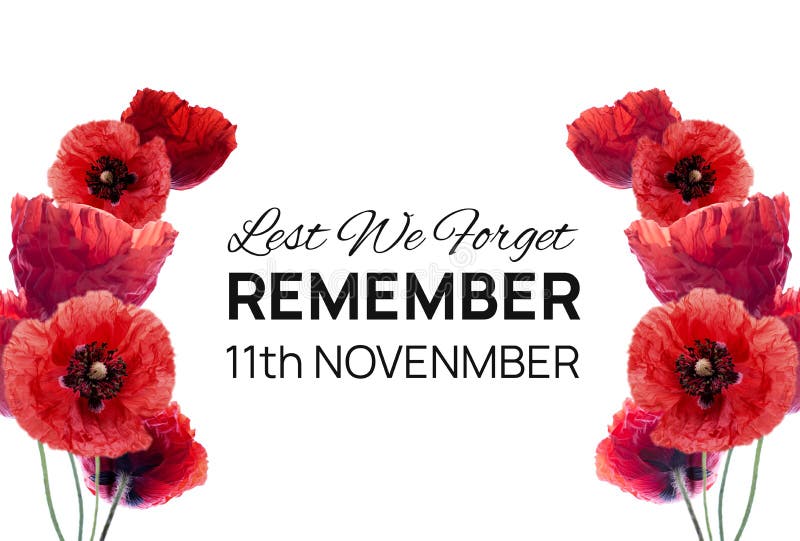


With a Virtual Reality Application being made to preserve the memory of the old factory and to continue to bring the message of remembrance to a whole new generation. In November 2018 the factory was temporarily moved for two years into Redford Barracks while major renovations could be made while also adding a new learning facility. In 1998, the factory became an independent charitable company, The Lady Haig Poppy Factory Ltd Staffing levels and the range of goods made at the factory gradually declined after the Second World War, and increasing annual deficits were funded by contributions from the Earl Haig Fund Scotland. The factory moved to its current premises, a former printing works, in 1965. In addition to the main task of making poppies, the employees made other goods by hand which were sold at three shops in Edinburgh and by a travelling shop throughout Scotland. It grew from two employees in a former wood-chopping factory in the grounds of Whitefoord House to employ over 100 people by the mid-1930s, with a waiting list of over 300. The factory was created at the suggestion of and by Dorothy, Countess Haig, wife of Field Marshal Douglas Haig, 1st Earl Haig, who had created the Haig Fund to assist ex-servicemen and which still raises funds through the UK's annual poppy appeal. It was created to serve the demand for Remembrance Day poppies in Scotland. Lady Haig's Poppy Factory was founded in March 1926, shortly after the Royal British Legion's factory in London. It is an independent charity, but the name Lady Haig's Poppy Factory is a trading name of Poppyscotland of which it is a subsidiary.

Lady Haig's Poppy Factory is a charity based in Edinburgh, Scotland to provide employment to disabled veterans. Lady Haig's Poppy Factory įormer site of Lady Haig's Poppy Factory in Edinburgh from 1931 to 1965 In November 2021, The Poppy Factory's new visitor centre was formally opened by the charity's Patron, The Duchess of Cornwall. In July 2017, The Queen visited the Factory to celebrate the charity’s 90th anniversary. Deirdre Mills was later appointed the new chief executive she had previously been a Director at the Commonwealth War Graves Commission. In November 2016, former chief executive Melanie Waters became the chief executive of Help for Heroes charity. Employment consultants are based regionally and offer one-to-one help with CV writing, job search, support with training, exploring new opportunities, interview preparation, overcoming barriers and in-work support. The charity's employment service launched in 2010 and has grown to make up 90 per cent of The Poppy Factory’s work. The production team works year-round to create Remembrance wreaths by hand for The Royal British Legion’s Poppy Appeal, as well as special wreaths for the British Royal Family.īeyond its production work, The Poppy Factory's support helps ex-Forces job seekers to overcome barriers and move towards employment. Since 1928, The Poppy Factory has also organised the annual Field of Remembrance at Westminster Abbey.Ī volunteer assembles remembrance poppies at the Royal British Legion Poppy Factory, Richmond The original factory was demolished in 1972. Housing for the workforce and their families was built on adjacent land and in 1932 the present factory was built. The old collar factory eventually proved too small as demand increased, and in 1926 the factory moved to a disused brewery in Petersham Road, Richmond, Surrey. Most of the employees were disabled, and by then there was a long waiting list for prospective employees. In November 1924, the Prince of Wales (later Edward VIII) visited the Poppy Factory, which made 27 million poppies that year. The factory made a million poppies within two months. Soon the factory was employing 50 disabled veterans. They set up in a former collar factory on the Old Kent Road in London. I consider the attempt ought to be made if only to give the disabled their chance." Later that year, Howson wrote to his parents, "I do not think it can be a great success, but it is worth trying. Artificial poppies for the first poppy appeal in 1921 had been imported from France by Madame Anna Guérin, but in 1922 the Disabled Society, a charity established in 1920 by Major George Howson MC and Major Jack Cohen, received a grant of £2,000 from the British Legion's Unity Relief Fund to employ disabled ex-service personnel to make remembrance poppies in England.


 0 kommentar(er)
0 kommentar(er)
